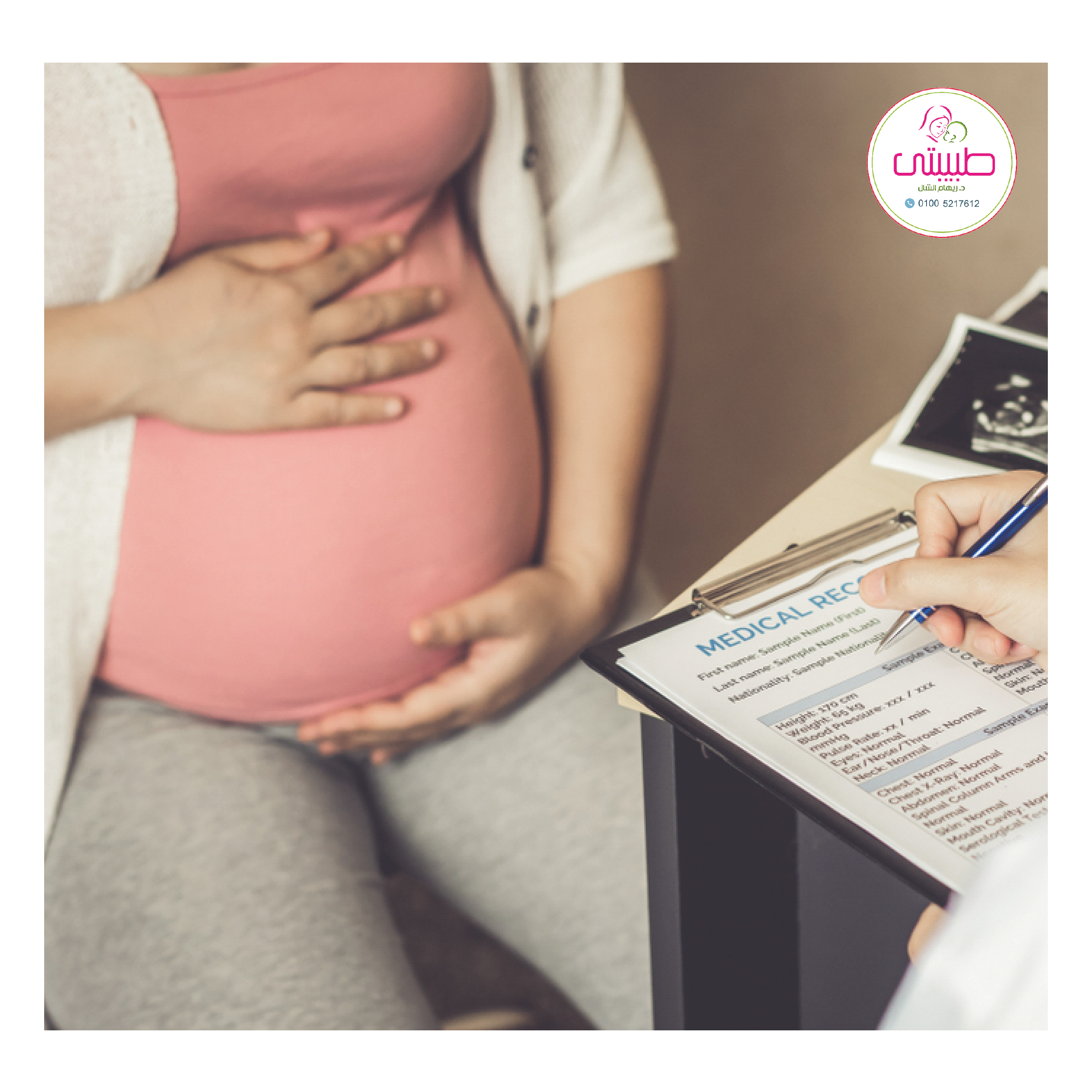A “Magical Substance” for Fertility… Why Did Doctors Overlook It Despite Its Effectiveness؟
Is it possible that there’s an effective way to boost fertility that we’ve been ignoring for years?
Surprisingly, the answer is yes. There’s a scientifically proven substance that already exists naturally in our bodies, yet it hasn’t received the attention it deserves—even from doctors.
Despite growing evidence that it plays a central role in improving natural fertility—even after years of struggling to conceive—it has often gone unnoticed.
What is this substance, and why is it important?
According to Dr. Reham El Shal, specialist in Obstetrics, Gynecology, IVF, and infertility treatment, its name is Coenzyme Q10 (CoQ10). It’s a powerful antioxidant that the body naturally produces. However, its levels may significantly decrease—especially in individuals with chronic inflammation or as they age.
Research has shown that taking 200 mg of CoQ10 daily directly contributes to improving both the quantity and quality of eggs, supports the formation of higher-quality embryos, and even increases embryo implantation success while reducing early miscarriage risk.
But what does it have to do with eliminating “waste” from the body?
Just as we take out the trash from our homes every day, our bodies perform biological processes that generate cellular waste known as free radicals. When these free radicals accumulate, they damage our cells and weaken their functions. This is where antioxidants like CoQ10 come in—they act like precise cleaning tools that help remove these toxins and restore balance in the body.
Watch the video here:
👉 https://youtu.be/HLg7TA_ayhA?si=GQIZ4vU4e8Ax4aR7
Why is this substance important in infertility cases?
Many common causes of infertility—such as polycystic ovary syndrome (PCOS) and endometriosis—are linked to chronic inflammation. In these cases, CoQ10 levels in the fluid surrounding the eggs are often low, weakening egg quality and reducing their ability to divide and develop.
By restoring CoQ10 levels, inflammation can be reduced, egg quality can improve, and natural conception becomes more likely. But it doesn’t stop there—CoQ10 also helps strengthen embryos and improve gene expression within them, which reduces miscarriage risks and increases the chances of carrying a pregnancy to full term.
Does it help men too?
Yes! CoQ10 also plays a key role in improving sperm quality, making it beneficial for both male and female fertility.
Where can we get this substance?
The body produces it naturally, but levels may decline due to aging, inflammation, or even genetic factors. You can boost CoQ10 levels through:
1. Diet: Especially fatty fish, which is the richest source, followed by organ meats like liver, heart, and pancreas.
2. Supplements: CoQ10 is available as a medical supplement (only under medical supervision). The ideal dose to support fertility is 200 mg daily.
Are there any side effects?
Yes. Since CoQ10 is fat-soluble, taking too much of it can lead to side effects like diarrhea or skin rashes. That’s why it should never be taken without consulting a qualified doctor.
When do the effects start to show?
Unlike fast-acting medications, CoQ10 takes time. You’ll need at least 8 weeks (about two months) of regular use to begin noticing results. Patience and consistency are key when using it as part of a fertility plan.
The big question: Why does the body lose this substance?
1. Chronic inflammation: Just like how trash can pile up at home and require extra effort to clean, chronic inflammation puts strain on the body and reduces its ability to produce CoQ10.
2. Aging: As we grow older, the body’s natural production of CoQ10 slows down, increasing the need for dietary or supplemental support.
The most important advice?
Start with a healthy diet, especially fish and organ meats rich in CoQ10. Only consider supplements with the guidance of a fertility specialist. While CoQ10 supplements are incredibly beneficial, they are not toys—misusing them can cause harm instead of good.
And if you’re struggling with infertility, we’ve compiled all the essential information and scientifically supported lessons in one organized place—designed to help you understand your body and reach your motherhood dream, step by step.
Follow the topics here:

